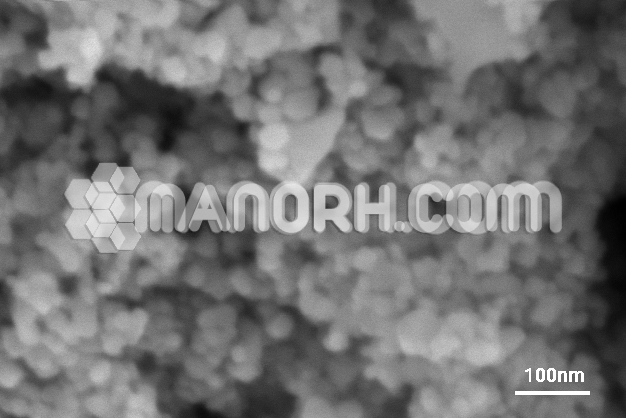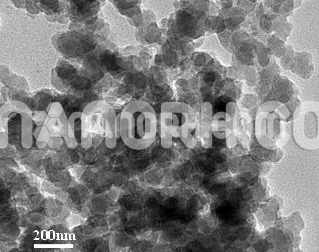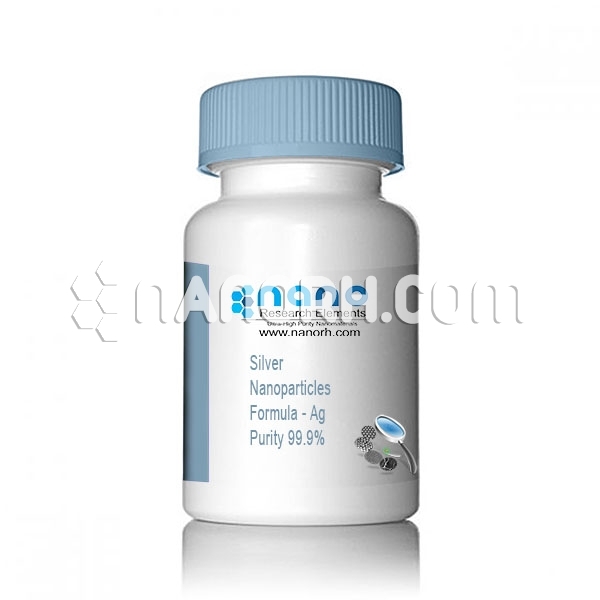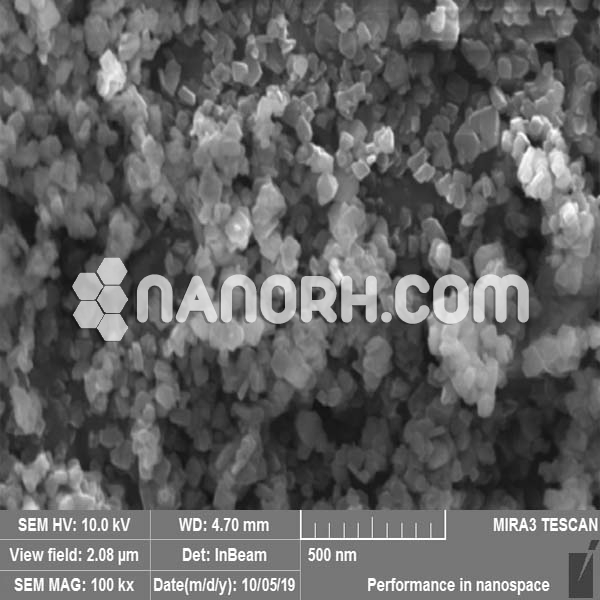Tungsten Oxide Nanopowder / Nanoparticles (WO3, 99.9%, 60 nm, Tetragonal)
Used in colorant and analysis reagent of chinaware; Used in producing metal tunsten material; Gas sensors; Fire-proofing fabrics; Imaging; Large-area displays; Catalysts; Ceramic pigments; Humidity sensors; Infrared switching devices; High-density memory devices….
| Tungsten Oxide Nanopowder | |
| Product No | NRE-3062 |
| CAS No. | 1314-35-8 |
| Formula | WO3 |
| APS | <100nm (Can be Customized) |
| Purity | 99.9% |
| Color | light yellowish |
| Molecular Weight | 231.84 g/mol |
| Density | 7.16 g/cm3 |
| Melting Point | 1473 °C |
| Boiling Point | 1700 °C |
Tungsten Oxide Nanopowder (WO3) Applications:
Used in colorant and analysis reagent of chinaware; Used in producing metal tungsten material; Gas sensors; Fire-proofing fabrics; Imaging; Large-area displays; Catalysts; Ceramic pigments; Humidity sensors; Infrared switching devices; High-density memory devices; Photocatalysts; Temperature sensors; used in X-ray screen and fireproof textile; Tungstates; Wastewater treatment; Writing-reading-erasing optical devices; Smart windows; Solar energy conversion; producing WC, horniness alloy, cutting cools, super-hard mould and tungsten strips through powder metallurgy.
In the manufacture of conducting and semi-conducting materials.
In optics and mechanochemical applications.
Tungsten oxide (WO x ) is a transition metal oxide with wideranging applications. With the advent of nanotechnologies, the synthesis and analysis of WO x nanostructures has become increasingly prominent. Nanostructuring of WO x can enhance the performance of this important functional material and provides it with unique properties that do not exist in its bulk form. Exceptional qualities of nanostructured WO x compared to the bulk material include: i) increased surface-to-volume ratio, which provides more surface area for both chemical and physical interactions; ii) signifi cantly altered surface energies that allow tuning and engineering of the material’s properties, as atomic species near the surface have different bond structures than those embedded in the bulk; and iii) quantum confi nement effects, due to the inherently small size of nanostructured materials, that signifi cantly infl uences charge transport, electronic band structure and optical properties. Nanostructured WO x is exceptionally versatile and offers unique characteristics. It has become one of the most investigated functional metal oxides impacting many research fi elds ranging from condensedmatter physics to solid-state chemistry.




